Meet our Faculty
The NNFM Steering Committee proudly announces that the curated program emphasizes exceptional and meaningful lectures in the sphere of fetal medicine presented by outstanding field experts.
The NNFM Steering Committee proudly announces that the curated program emphasizes exceptional and meaningful lectures in the sphere of fetal medicine presented by outstanding field experts.
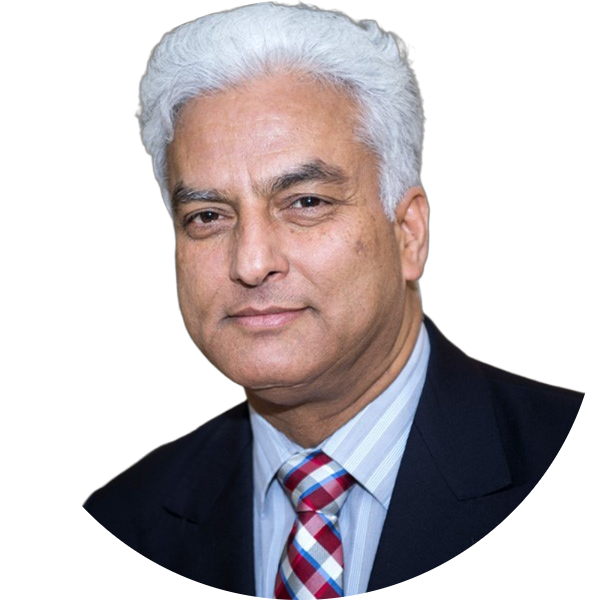
Ganesh Acharya is a Professor and Head of Division of Obstetrics & Gynaecology at the Department of Clinical Science, Intervention and Technology (CLINTEC), Karolinska Institutet, Stockholm, Sweden. He also holds a clinical position as a Senior Consultant in Obstetrics and Fetal Medicine at the Karolinska University Hospital and a chair as an Adjunct Professor at UiT-The Arctic University of Norway, Tromsø.
He obtained his MD from Lviv State Medical Institute, Ukraine in 1987. He worked in Nepal from 1988 to 1994 and in the UK from 1994 to 2001. He completed his specialist training in Obstetrics & Gynaecology in the UK in 1999 and is a Fellow of the Royal College of Obstetricians and Gynaecologists. He has an MSc in Medical Imaging (Ultrasound) from the University of Hertfordshire, UK, a PhD from UiT Norway, and a Postdoctoral Fellowship in Perinatal Cardiology from the University of South Florida, USA.
Ganesh Acharya has been working in Scandinavia since 2001. He worked initially as a Consultant and Head of Fetal Medicine Unit at the University Hospital of North Norway. He was appointed as a professor at the University of Tromsø in 2008 and as a guest professor at Karolinska Institutet, Stockholm, Sweden in 2012. He has spent some time as an academic visitor/visiting professor at the University of Oxford, UK (2011), Fudan University, Shanghai, China (2015) and University of South Florida, Tampa, FL, USA (2015-2016). In 2016, he was appointed as a full professor at Karolinska Institutet.
Ganesh Acharya has more than 250 scientific publications and a H-index of 52. He was a Scientific Editor of BJOG from 2012 to 2015 and has been the Editor-in-Chief of Acta Obstetricia et Gynecologica Scandinavica (AOGS) since January 2015.
His main areas of research Interest are clinical and experimental maternal-fetal medicine, fetal cardiovascular physiology, placental biology and imaging, reproductive medicine, and global maternal health.
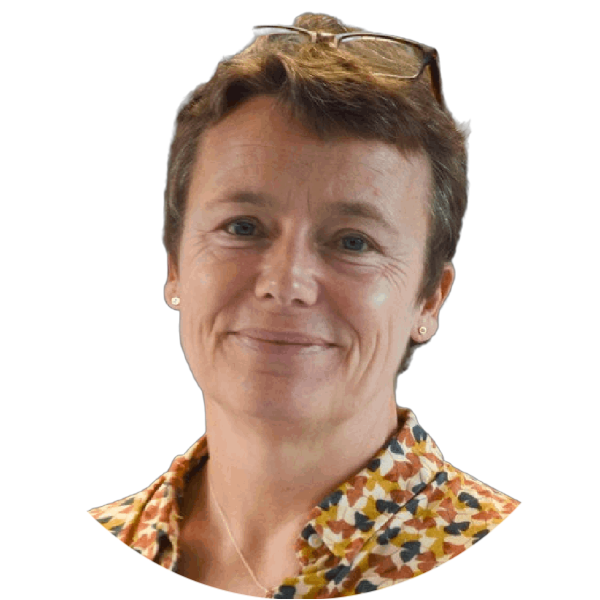
Ida Vogel is a clinical geneticist, PhD, DrMSc. As a key person working between fetal medicine and clinical genetics she has been instrumental to generate new knowledge on advanced genetic techniques into prenatal care in Denmark (arrayCGH, exome and genome sequencing and now cell-based NIPT) and has pushed to implement these in clinical care. This diagnostic revolution has more than doubled the abnormal prenatal test results, has significantly increased reproductive choice, but also halved morbidity of newborns in Denmark. For those continuing pregnancy after an abnormal result a diagnosis likely improves postnatal care but is also known to increase parental coping. Through the Danish Health Board and the scientific organizations (DSMG, DSOG and DFMS) Ida Vogels research has impacted national guidelines (2004 and 2017) for a international level care for all women in Denmark. She became the first professor in fetal diagnostics in Denmark in 2019. An additional interest is patient empowerment and counselling issues. All these efforts are combined in the interdisciplinary research centre of which she is the research director: Center for Fetal Diagnostics, Department of Clinical Medicine, Aarhus University
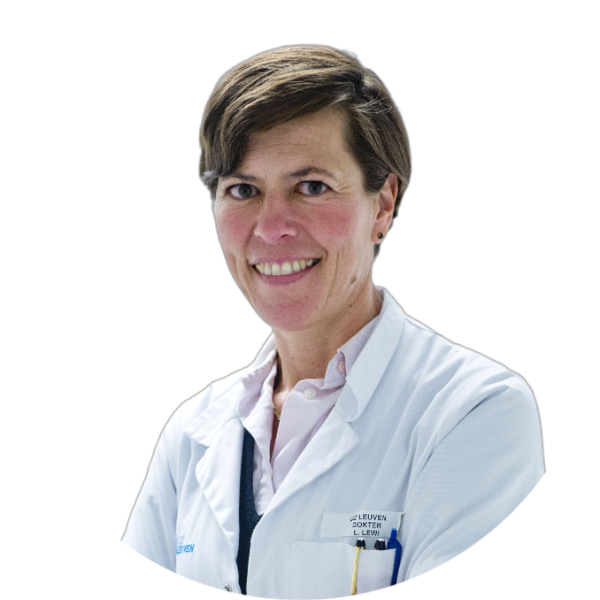
Liesbeth Lewi MD PhD is a fetal medicine specialist and staff member of the Department of Obstetrics and Gynecology (UZ Leuven, Belgium) and associate professor at the Department of Development and Regeneration, Faculty of Medicine (KU Leuven, Belgium). Her clinical work and research focus on complications in monochorionic twin pregnancies. In 2008-2009, she worked in the Harris Birthright Center for Fetal Medicine of King’s College Hospital with Prof. Dr. Kypros Nicolaides. In 2014-2015, she completed the Global Clinical Scholars Research Fellowship of Harvard University. In 2020-2021, she worked for six months in the Ontario Fetal Center of the University of Toronto with Dr. Greg Ryan.
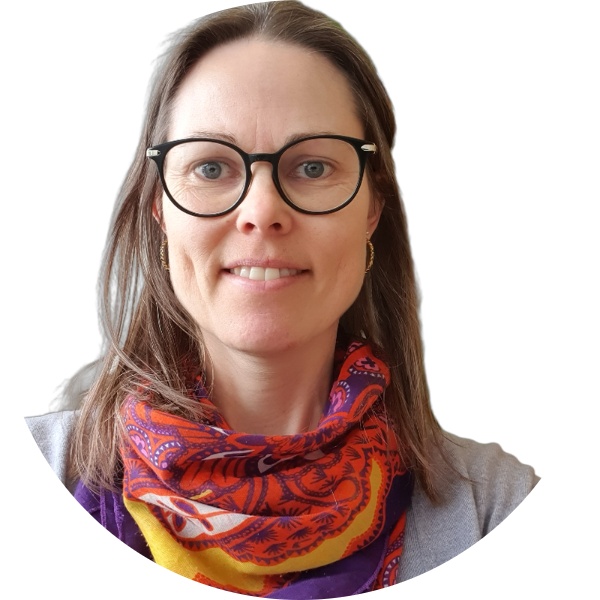
Lotte Andreasen is clinical laboratory geneticist, PhD at Dept. of Clinical Genetics at Aarhus University Hospital, Denmark. For the past six years, she has worked with analysis and interpretation of data from different advanced genetic techniques (arrayCGH, exome and genome sequencing, cell-free NIPT and cell-based NIPT), with a main focus on prenatal whole genome sequencing analysis. Sharing knowledge is crucial in this discipline, since many genetic findings are not yet associated with a prenatal phenotype.
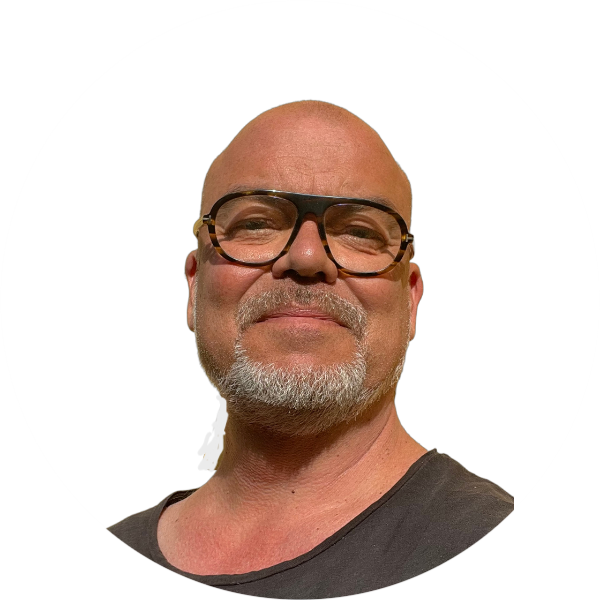
Erik Iwarsson M.D. PhD, is Associate Professor of Medical Genetics at Karolinska Institutet and Senior Consultant at the Department of Clinical Genetics at Karolinska University Hospital in Stockholm, Sweden.
He obtained his MD from Karolinska Institutet (KI) in Stockholm followed by PhD, also at KI. He had his specialist training in Clinical Genetics at the Dept of Clinical Genetics, Karolinska University Hospital in Stockholm. Both clinical and research work have focused on preimplantation genetic testing (PGT) and genetic applications in prenatal diagnosis.

Simon Horsholt Thomsen is a young medical doctor and PhD-student at the Center for Fetal Diagnostics and Dept. of Clinical Genetics at Aarhus University and Aarhus University Hospital.
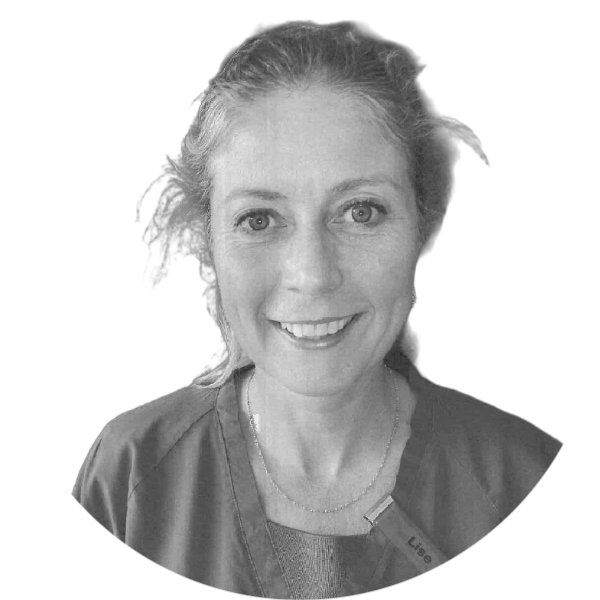
Lise Hald Nielsen M.D. PhD, is a consultant at the Department Obstetrics & Gynaecology at Gødstrup Hospital, Central region, Danmark.
She obtained her Ph.D at Aarhus University Hospital in collaboration with the Department of Clinical Medicine Aarhus. Her MD is also obtained from Aarhus University Hospital. Since 2020 she has worked at the Department of Obstetrics & Gynaecology at Gødstrup Hospital, Central Region, Danmark. She is an obestetrician but has achieved a subspecialist diploma in fetal medicine.
The last two years she has been chairing a clinical guideline group in Denmark on the subject of "persistens right umbilical vein" and "persistent left superior vena cava".
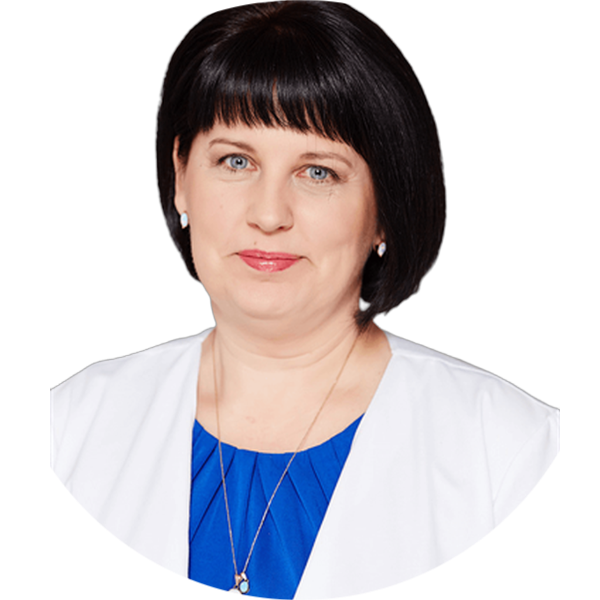
Paediatric and fetal cardiologist
Education
Latvian Medical academy, Faculty of Paediatrics
Fellowship in paediatric cardiology , Royal children hospital ,
Monash Medical Center, Melbourne, Australia
Riga Stradins university , Doctoral studies in paediatric cardiology
Work experience
Children university hospital, paediatric and fetal cardiologist
Riga Stradins university, Department of Paediatrics , Asoc. Profesor, Study coordinator
Riga Stradins University , Faculty of Residency, Head of Paediatric cardiology study programme

Professor Bo Jacobsson (MD, Ph.D.) is the Head of the Division of Obstetrics and Gynecology, Pediatrics and Pediatric Surgery at the Institute of Clinical Sciences, University of Gothenburg, Sweden, and the head of the Perinatal Research Laboratory at Sahlgrenska University Hospital, Gothenburg, Sweden. He is also a Senior researcher at the Norwegian Institute of Public Health, Oslo, Norway. He is Chief Physician in Obstetrics, Gynecology, and Maternal/Fetal Medicine at Sahlgrenska University Hospital, Gothenburg, Sweden.
Professor Jacobsson is a leading expert on the mechanisms and epidemiology of preterm birth. His research group is the world's leading in the genetics of preterm delivery and the timing of birth. The main research aim is to identify and apply different strategies to prevent preterm delivery to improve the clinical outcomes of preterm-born children. He has also performed extensive clinical genetic diagnostic trials within fetal diagnostics. He is chairing the Genomic Medicine Sweden complex diseases group and is a steering group member of Genomic Medicine Sweden. He is also a Swedish Nordic Society of Human Genetics and Precision Medicine representative. He has also studied infections during pregnancy about pregnancy and child outcomes.
Professor Jacobsson has been involved in the work of different international Maternal and Child Health organizations for more than 20 years. He is presently the FIGO Division Director of Maternal and Neonatal Health (2021-2025) and the past chair of the FIGO's Committee of Preterm Birth 2019-2021. He is also leading the European Branch of PREBIC. Within the European Association of Perinatal Medicine, he is a board member and leads the special interest group of preterm birth. He is a part of the Partnership for Maternal, Newborn & Child Health, Knowledge and Evidence Working Group and co-leads the MNCH workstream. He co-edited the "Born-too-soon - the decade version" (WHO, UNICEF, UNFPA, PMNCH report) and co-chaired the Global Advocacy group for the same publication. He is also serving and has served as an expert on several WHO special task groups.
Prof. Jacobsson has published over 360 peer-reviewed papers between 2002-2024. Among other journals, he has published in Nature, Science, New England Journal of Medicine, Nature Genetics, PLOS Medicine, and JAMA. In addition, he has been invited to lecture at more than 200 international scientific conferences.
H-index: 82 (Google Scholar), 60 (Web of Science) and 65 (Scopus) by January 2024.
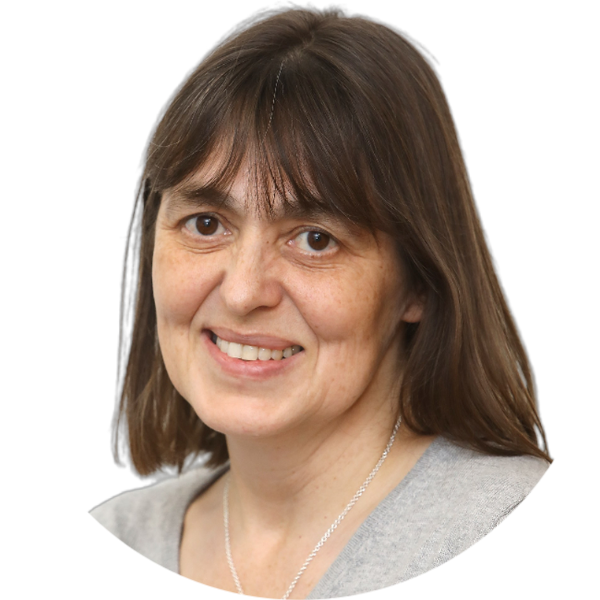
Dr Elspeth Whitby is a senior lecturer at the University of Sheffield and an Honorary consultant at Sheffield teaching hospitals NHS trust. Her areas of interest are based around obstetric imaging with MRI including the fetus, the placenta and post mortem imaging.
She runs a national service for fetal imaging for all body areas and for assessing for placental invasion.
Despite having an academic post her work has been driven by local need and requests from the clinicians and is heavily clinically based.
She is also part of the team that have established the world’s first clinical service for imaging the post mortem fetus and neonate based on the teams work.
In addition she works as part of a sociology team looking at the impact of MRI as a technology on patient care in the clinical setting both for in utero and post mortem imaging. The aim of this collaboration is to understand the landscape in which she works and how that integrates with society. This has altered her clinical practice in many ways, hopefully for the better.
Her service is streamlined and designed so appointments are available at short notice but no appointment slots are unfilled. She tries to develop a ‘lean service’ model within the current working environment.

Vita Zidere MD FRCP is Consultant in Paediatric and Fetal Cardiology at King’s College Hospital NHS Foundation Trust and at the Evelina London Children’s Hospital, Guy’s and St Thomas NHS Foundation Trust since 2005. She qualified in medicine from the Riga Stradins University in 1994 and trained in paediatric and fetal cardiology at the University Children’s Hospital in Riga, Latvia, at Guy’s Hospital, London and at Columbia-Presbyterian Medical Centre, Babies Hospital, New York, USA. Dr Zidere is a co-editor of Fetal Cardiology handbook, as well as written several book chapters for fetal medicine and paediatric cardiology books and has published more than 55 peer-reviewed papers with a major focus on prenatal diagnosis of congenital heart disease.
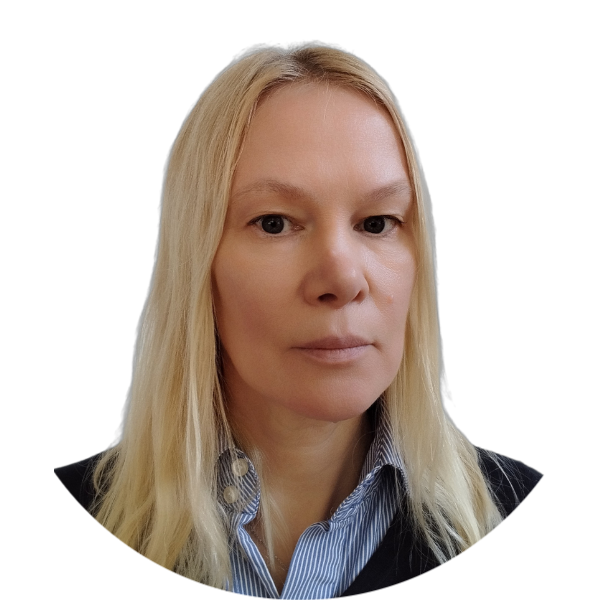
Dr Meeli Sirotkina, MD, PhD, is a Senior Consultant Perinatal Pathologist at Karolinska University Hospital in Sweden. She completed her medical education, MD, at Tartu University, Estonia, in 1998, and undertook her training in general pathology at North-Estonian Regional Hospital, Tallinn and Tartu University Clinics between 1998 and 2002. Dr Sirotkina gained her paediatric and perinatal training through apprenticeships at several hospitals in different countries, including England, Germany and Finland and by completing the International Paediatric Pathology Course (IPPA Course) 2010.
In 2010, Dr Sirotkina moved to Sweden and took up her position at Karolinska University Hospital. In 2017 she completed her doctoral degree (PhD) at Karolinska Institute.
Dr Sirotkina has a wide range of experience in placental and perinatal autopsy pathology and has a special interest in developmental neuropathology with training in the Netherlands and France.
Since 2012 she serves as the Head of the Swedish quality and standardisation group for perinatal pathology.
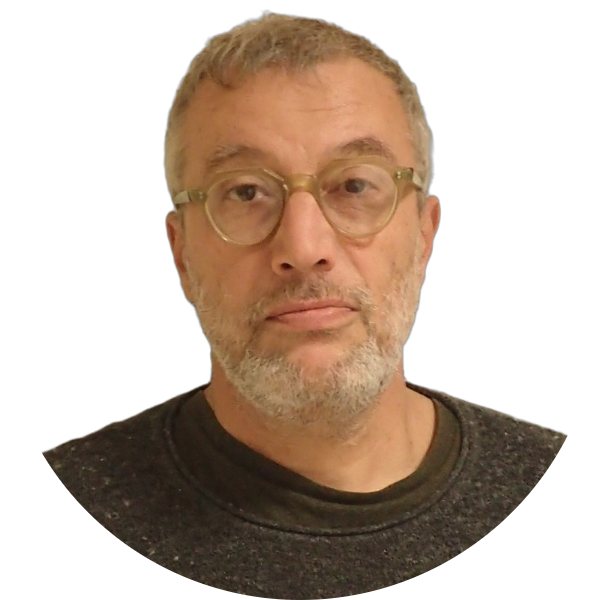
Nikos Papadogiannakis
Workplace: Karolinska University Hospital, Huddinge, Department of Pathology, F46, 14186 Stockholm, Sweden
COURSES AND DEGREES:
DOCTORAL DEGREE: Department of Pathology, University of Gothenburg. 1987. Title of the thesis: "Immunoregulatory role of prostaglandin E2: Effect on the proliferative response of lymphocytes from human neonates, their mothers and unrelated adults".
POSTDOC APPOINTMENTS: Department of Pathology, University of Helsinki, Finland, 1987-88
DOCENT-LEVEL COMPETENCE: Karolinska Institutet, 1997
CURRENT POSITION. Senior Consultant/adj senior lecturer. Department of Pathology, Karolinska University Hospital, Huddinge, Sweden
CURRENT SCIENTIFIC ACTIVITY